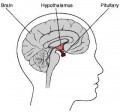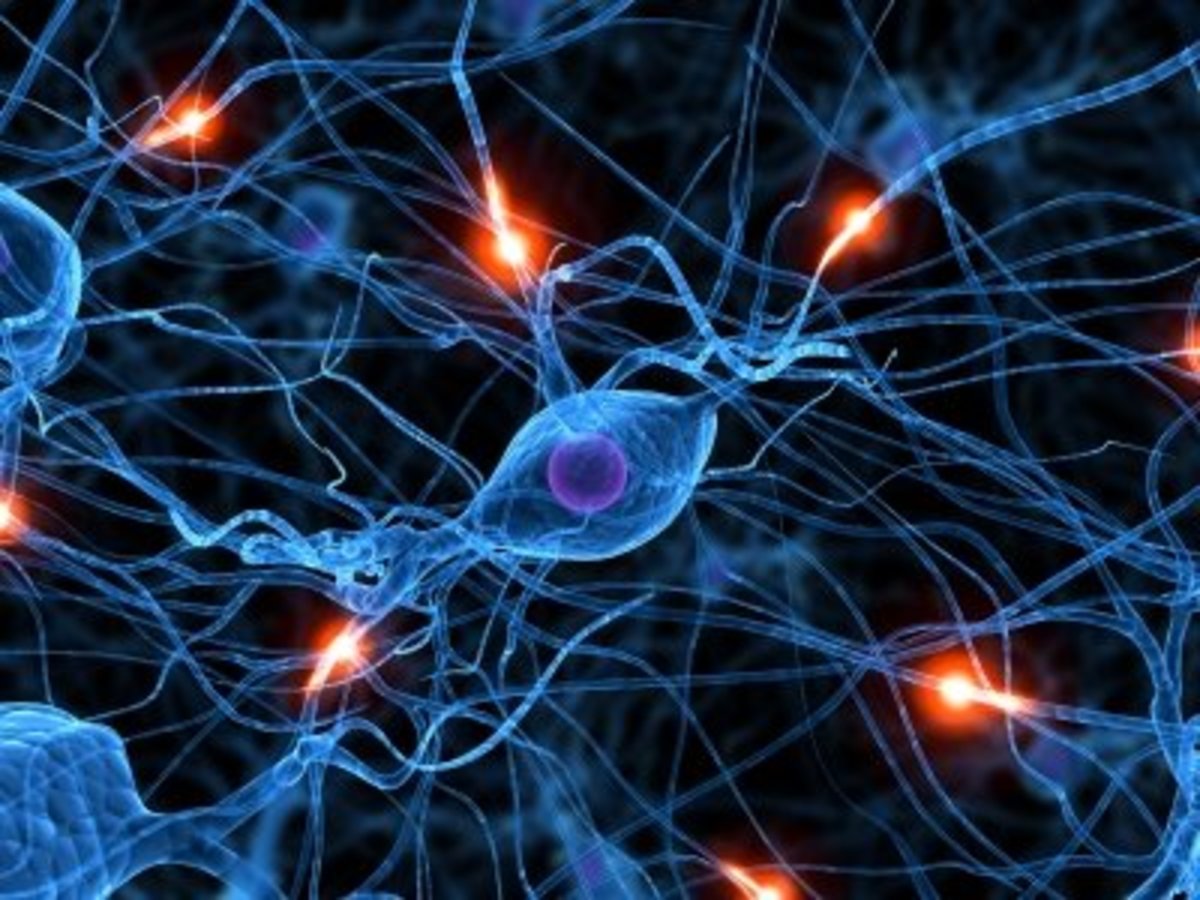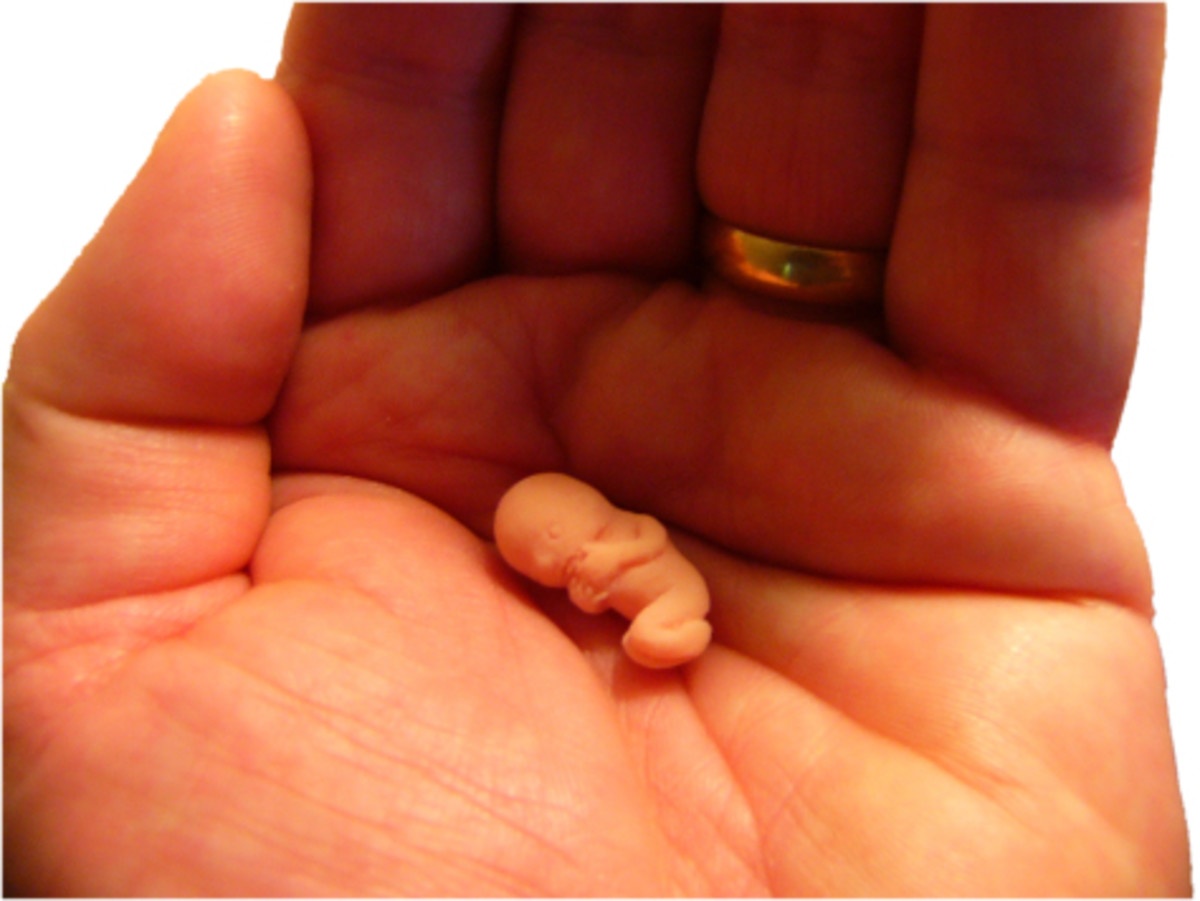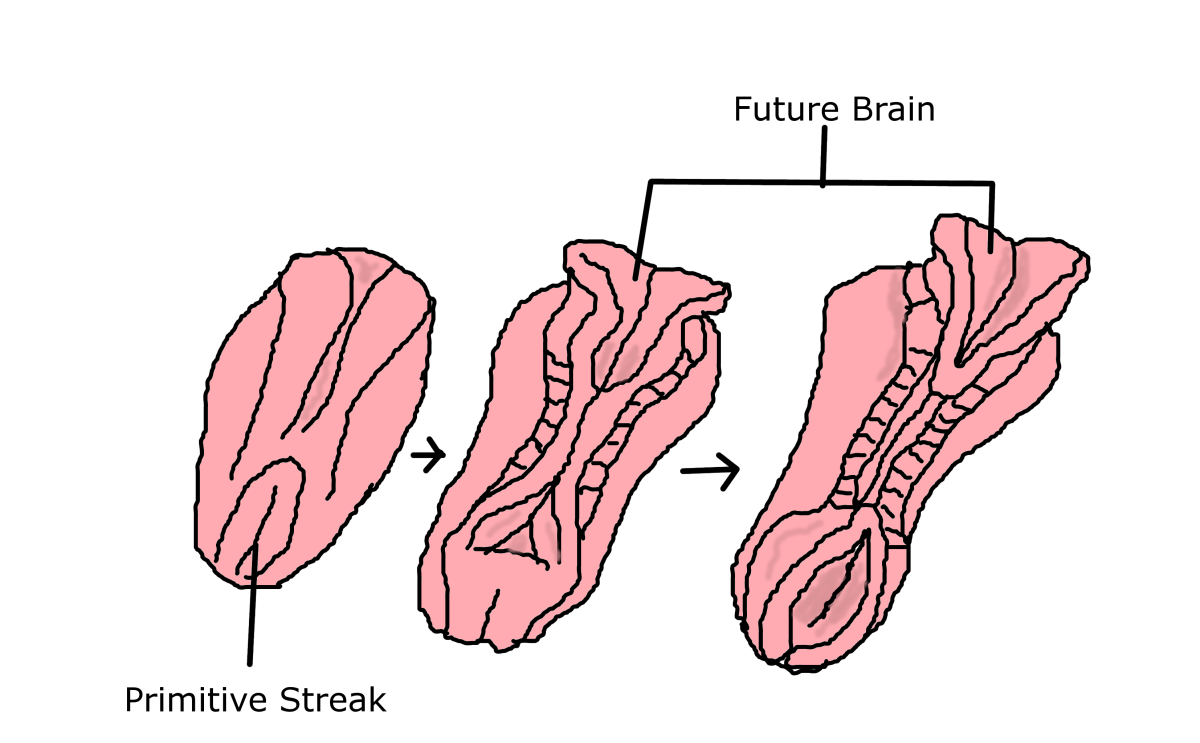Seasons Cycles for Women

As we move into spring, we are reminded how Nature moves us through cycles of birth, death, and rebirth. Women, particularly, move in cycles of their own, as the hormones in their bodies cycle through each month.
Many women move easily through their cycles, but some women do not; symptoms of PMS, or dysmenorrhea (painful menstruation) can cause problems. Other women face a major life transition as they begin menopause and can suffer from symptoms related to hormonal imbalance. For all these women, natural therapies have much to offer.
Treat the Cause: hormone balance is a biochemical process; imbalance can happen for a variety of reasons. A thorough overview of lifestyle and medical history can often reveal the roots of an imbalance. Factors that can contribute to hormonal imbalance include:
- Poor diet
- Stress
- Biochemical inefficiency
Diet: estrogens are inactivated in the liver and secreted into the gut in bile. In a normal digestive tract, fiber in the diet "sweeps" the estrogens out in stool. The fiber also promotes the presence of "friendly" bacteria. A sugar-rich, fiber-poor diet (the Standard American Diet or "SAD") promotes the growth of unfriendly bacteria; these bugs will process the inactive estrogens and reactivate them and the active estrogens are absorbed back into the bloodstream and create imbalance.
Stress: Long-term stress can create imbalances all over the body. The adrenal glands are the major stress glands of the body; if they are overworked (and in most of us they are), they will "pull" hormones from the sex hormone pool because they share biochemical pathways. (From an evolutionary standpoint this makes sense; adrenal glands evolved to protect us from predators; if you are not "safe", it's not time to make babies! Stress management is essential to hormone health, and hormone health is essential to a long, healthy life.
Biochemistry: We are not all created equal; genetics and environment combine to create each unique individual. Unfortunately, genetics and environment can leave us with biochemical pathways that work slowly, if at all. If these pathways are involved with hormone production, we may not produce what we need, and imbalance may occur. If the inefficiency occurs in the liver's detoxificationpathways, excess hormones may not be removed from circulation, and we may have more than we need.
In addition, other medical conditions, such as hypothyroidism (low thyroid), etc. can contribute to imbalance, because all hormone systems interact. If the diet is poor, or the individual is also stressed, the imbalance becomes even more problematic, because all these factors are cumulative.
Therapeutic Options: First, you need to find out which hormones are imbalanced. Sometimes the "history" is enough, but usually, some lab tests are required. Management of female hormones usually requires some lifestyle changes, such as improving diet, stress management, and starting an exercise program. (Exercise is an easy way to improve metabolic efficiency.) A controlled detoxification program, under a physician's supervision, may improve the liver's ability to regulate and metabolize excess hormones. Continued liver support, (herbs or supplements) will continue the process. Certain herbs and nutrients can also help "push" biochemical pathways involved in hormone production. Some women require supplementation with precursors (building blocks) that the body can convert to the final hormone product. Menopausal women may require some active hormone support as they change - in these cases, bio-equivalent hormones, (not synthetic) are preferred.
Balance is achieved, in health and elsewhere in life, when self-caring, proactive behaviors replace unhealthy ones. You can begin this process on your own, with great success, by making simple, yet, profound, lifestyle changes, that will allow you to enjoy the seasons and cycles of your life.








